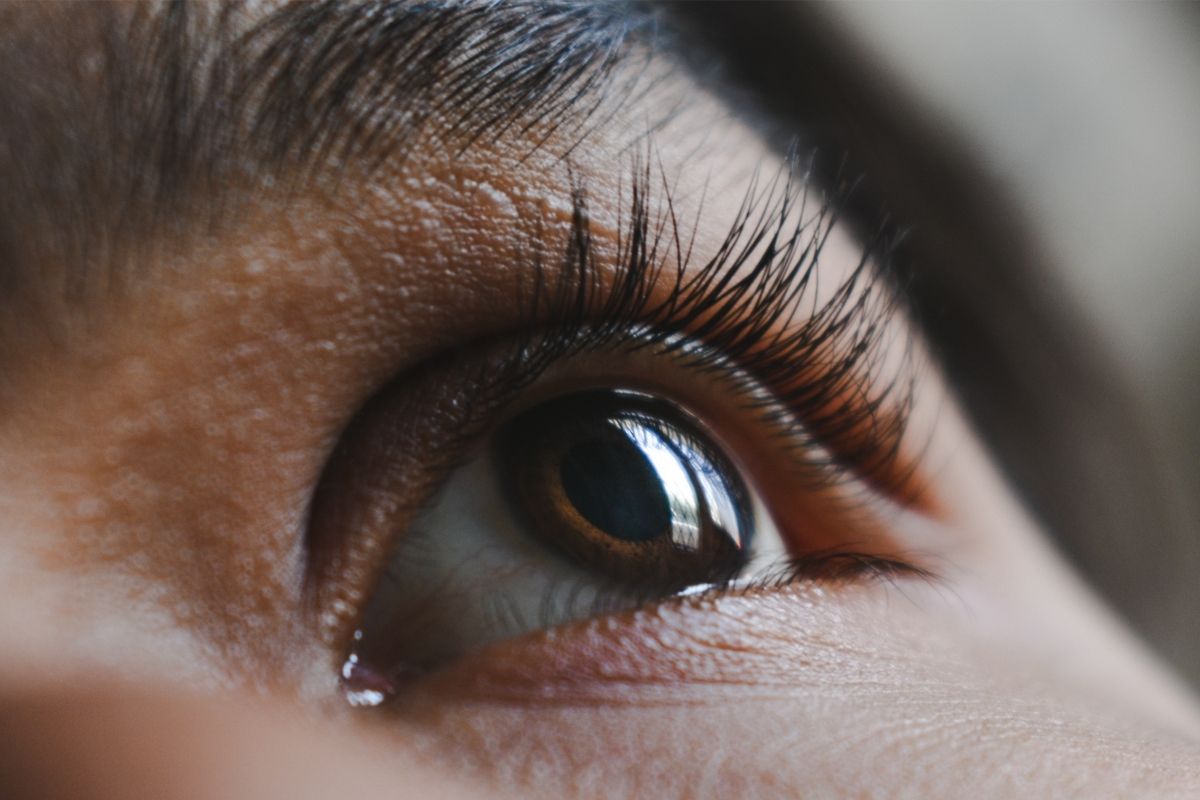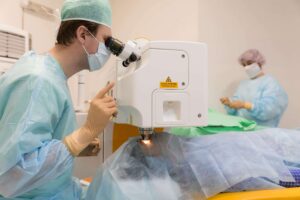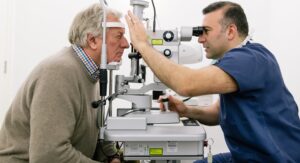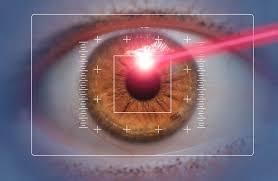
There are several laser-based eye operations that are closely comparable; laser eye surgery, SMILE, and PRK, to name a few. All of these procedures are quite frequent and safe, and millions of individuals worldwide have benefitted from them. These operations all have extremely rapid recovery times as well, but to assist expedite the process even further, we’ve compiled a list of general recovery guidelines for each eye surgery Lasik procedure.
Make an effort not to touch your eyes.
Your body itches as it heals. This indicates that it is very natural for the eyes to itch after surgical treatment. However, you must resist touching your eyes, regardless of how irritating they get.
This is especially critical during the first week after your treatment. This may not be a concern depending on the sort of laser eye surgery you’ve had, but in general, it’s better to avoid erasing any of the procedure’s gains. The easiest method to prevent more effort is to use the prescribed eye drops rather than wiping your eyes if they get irritated.
Wearing sunglasses is an excellent technique to prevent doing this accidentally, without thinking about it. Sunglasses are a good idea nonetheless since your eyes will be more sensitive to light after an eye procedure.
Keeping dust out of your eyes is another excellent advantage of wearing a nice pair of sunglasses since foreign items in the eye after surgery do pose a danger of infection. This also implies that you should avoid cosmetics, particularly around the eyes, for at least a few days after your laser eye surgery.
Stay away from some sorts of exercise.
It is critical to engage in the appropriate form of exercise, since modest activity may aid in the body’s total healing. Contact sports, on the other hand, are typically best avoided for a time, since bumping or banging the eye might impede a speedy recovery. Excessive sweating in the eyes might also disrupt the healing process.
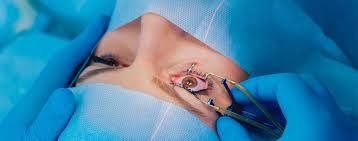
Swimming is also best avoided immediately after laser eye surgery since the chemicals in chlorinated water might cause damage to the eye. Both freshwater and saltwater are somewhat dangerous, since the likelihood of coming into touch with foreign particles increases. In general, having any amount of water in your eyes might impede the recuperation process. In rare instances, you may want to wear goggles when showering or bathing, but the likelihood is that you will not. On the other hand, water-based activities should definitely be put on hold for at least a week.
Shower with caution.
There is not much you need to adjust here; simply avoid getting water or soap in your eyes and let your face to air dry to avoid rubbing your eyes with your towel. Finally, it’s ideal to follow your eye doctor’s instructions, since they’ll be able to advise you on how to handle everyday duties like these during the first week or two of recuperation.
Abstain from smoking (and smoking)
Anything that has the potential to transport particles to your eyes should be avoided for a while, including smoke from kitchens, workshops, darkrooms, or even cigarettes. We recommend that our patients abstain from smoking for at least seven days after laser eye surgery.
Make an effort to limit your television viewing.
If you’re taking a day or two off work to recuperate, whether it’s because your job demands you to come into contact with any of the above or because you need time to acclimate to your new vision, it’s typical to spend the time watching a movie or television program. We entirely understand, but excessive screen time may also strain the eye, slowing the healing process. While this is not hazardous to your eyes directly, it may make the procedure more unpleasant, and there is a chance of lengthening your laser eye surgery recovery time.
Take plenty rest.
Sleep is a wonder worker when it comes to the body’s natural healing processes, so remember that getting enough sleep is the greatest way to recover quickly.
While it is very normal for patients to return to work the day following laser eye surgery, protecting your eyes while they begin to recuperate is always critical, regardless of what that entails since recovery times vary from person to person.
If you’d like to learn more about laser eye surgery in Australia, please contact us. The staff at Re: Vision Sight Correction Centre is pleased to answer any questions you may have and even offers a free laser exam that you can schedule right now. Do not delay—contact us immediately.
Abstain from Excessive Activity
While you are recovering after laser eye surgery, you must exercise extreme caution with your eyes. With time, you will be able to gradually reintroduce more of your routine into your life.
Slowly is the operative word here. Take it easy for the first several days after laser eye surgery. Even leaning down at the waist might cause harm to your eyes.
Lifting anything heavy can also cause pressure on your eyes, so do not return home from the clinic believing you can do household duties. Prevent using screens for the first day or two after laser eye surgery to avoid straining your eyes.
This excludes television, tablets, cellphones, and e-readers. Your eyes will be more sensitive than usual, and screens may cause discomfort. The best course of action is to rest and relax. When was the last time you took time for yourself?
As you begin to recover, avoid activities such as contact sports or strenuous exercise. If you have any concerns about your development, see your physician.
Avoid Swimming
Even sterile tap water may contain microorganisms. Your eyes will be considerably more susceptible to infection in their weakened condition. It is prudent to prevent getting them wet.
This includes swimming in lakes, pools, and other bodies of water. This also means no bathing, while showering is OK as long as the eyes remain closed.
After approximately a month, you should be able to swim again. Consult your doctor to ensure that this is safe for your eyes.
Carry on With Your Appointments
Within 48 hours following your laser eye surgery treatment, you will be requested to return to the facility. This allows the surgeon to get a quick report on the state of your eyes’ recovery.
Monitoring your recuperation will provide crucial information to the surgeon. If issues occur, your surgeon will be able to identify and treat them early.
You will very certainly be asked to return many more times over the next several months for updates. Additionally, these are excellent opportunities for you to ask questions if you have any.

